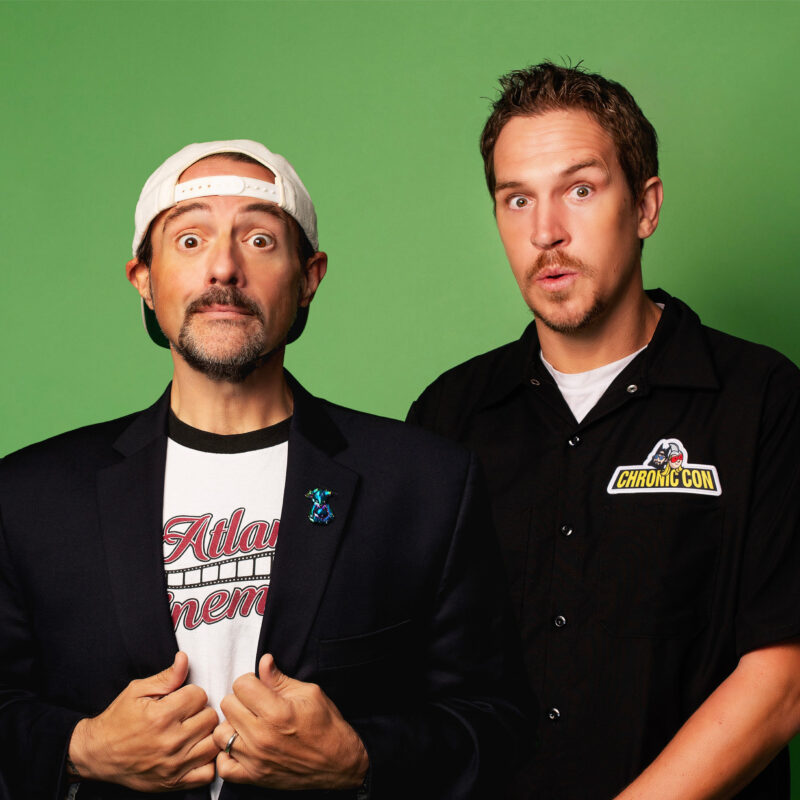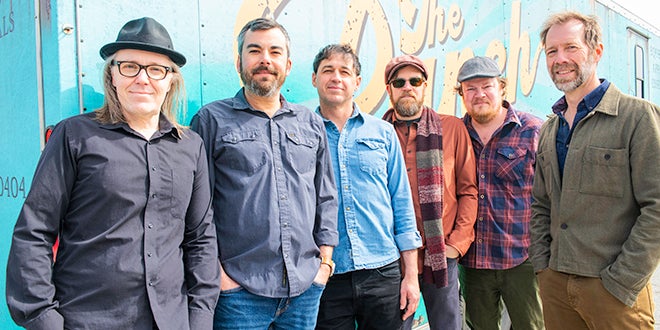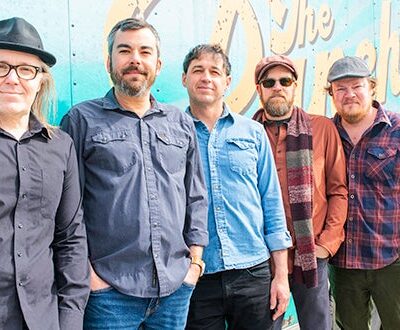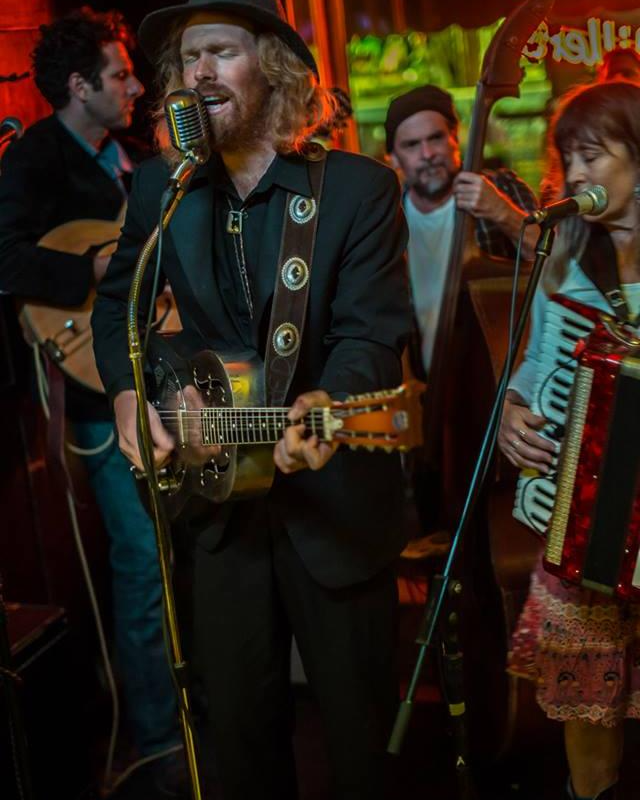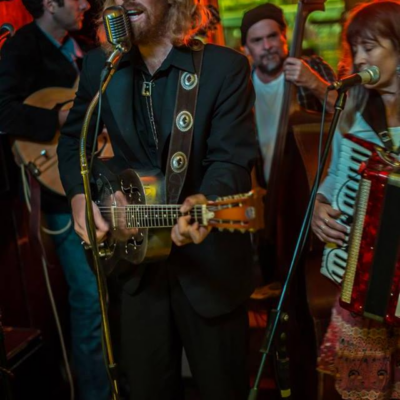Hailing from parts of Brazil, Colombia, Venezuela, and the United States, the Latinas who make up LADAMA are passionate about music and its ability to transform lives across the globe. The four women in the group have had their own lives transformed by music after meeting through OneBeat, a musical exchange program that connects musicians around the world for collaborative projects.
LADAMA is comprised of Lara Klaus (pandeiro, vocals, drums) from Recife, Brazil, Daniela Serna (vocals, tambor alegre) from Bogotá, Colombia, Maria Fernanda Gonzalez (bandola llanera, vocals) from Barquisimeto, Venezuela, and Sara Lucas (vocals, guitar, hand percussion) from New York City.
Linking up through the OneBeat (a partnership between Bang on a Can’s Found Sound Nation, and the U.S. Department of State’s Bureau of Educational and Cultural Affairs), “was a life-changing event,” says Lucas, who is also a member of the Brooklyn-based experimental band Callers. “It was so exciting, not only of working in each of our communities and learning how each of our communities celebrates music and expression, but also learning the rhythms, the language and the culture of each place.”
Along the way, Lucas picked up Spanish, allowing her to sing in the language. After forming in 2014, the band released a self-titled album in 2016, with tours across South America and the United States to follow.
The debut consists of songs that are primarily sung in Spanish—the diverse styles of cumbia, maracatu, onda nueva and joropo are mixed with elements of pop, soul and hip-hop to form an eclectic global fusion of South American zest. Songs in English include “Compared to What” and “Atravessadora,” which give those lost in translation a taste of the band’s lyrical craftsmanship.
Lucas explains that “Atravessadora” is Portuguese for middle man. The song was inspired by an unsettling event in which a woman tried to rob her at the end of a tour, and the feelings that transpired afterward, and it mixes sharp shrieking and pan scratching with a variety of drum tones.
“I felt a lot of compassion for this person because I think they were in a situation where they felt compromised,” she says. “People from all over the world find themselves in compromising situations where they are a middle person and they are controlled by other people and have to do compromising things to survive.”
“Compared to What” is a cover of a protest song from the 1960s by Gene McDaniels. Lucas says that the song spoke to the band in a different way than it was intended decades ago. “The song became a universal song for us as all of our governments turned right politically,” she says.
While lyrical content on the album runs deep, tracks take listeners to distinct parts of the world where musical traditions are upheld, and where music and dance go hand in hand. On “Porro Maracatu,” the band studied traditional rhythms from Afro-Brazilian and Afro-Colombian cultures in order to unite them.
All the members of LADAMA have worked in music education with an emphasis on empowering women and youth, and they incorporate educational workshops in their tours. The desired outcome is simple: They want to empower others to create. And while the band has inspired many along the way, one community of youth in Colombia turned the tables.
“The students really inspired us and a lot of our methods mainly through body percussion,” Lucas says. “Now, we recognize that every community around the world has their own way of activating creation in communities.”
The process involves using the body as an instrument and understanding the physicality of music, and LADAMA has integrated it into its music.
“It becomes about internalizing rhythm and song expression by using your body as the first instrument,” she explains. “We explore that through the rhythms that we know and learn from others along the way, and then we show how we use it in our own compositions.”
